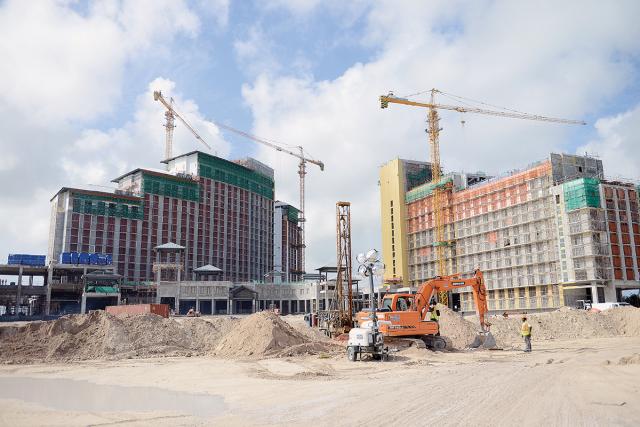
Dr Nikolaos Karagiannis, an academic with Winston-Salem University’s school of business and economics, and a long-standing student of the Bahamian economy, called for policymakers “who can think ‘outside the box’, with this nation too often sacrificing long-term vision for short-term gain.
Together with Marel Katsivela, Zagros Madjd-Sadjadi and David Stewart, in their paper ‘Exploring the Production Possibilities of the Bahamas’, Dr Karagiannis said the “lack of backward and forward linkages” to the domestic Bahamian economy limited tourism’s contribution to economic and social development.
The authors added that changing global realities would force the Bahamas to re-engineer its economy and look for new growth areas, away from its reliance on tourism and financial services.
While the Bahamas’ average import tariff rate was 33 per cent, the quartet pointed out that most countries acceding to the WTO had rates of between 9-20 per cent.
Other challenges, Dr Karagiannis and his colleagues said, were the pressures being placed upon the financial services industry by the G-20/OECD, and the over-reliance on tourism.
To combat this, and drive future growth, the four authors suggested the Bahamas focus on sectors such as renewable energy, the agro-industrial sector and making itself an “international maritime crossroad”.



